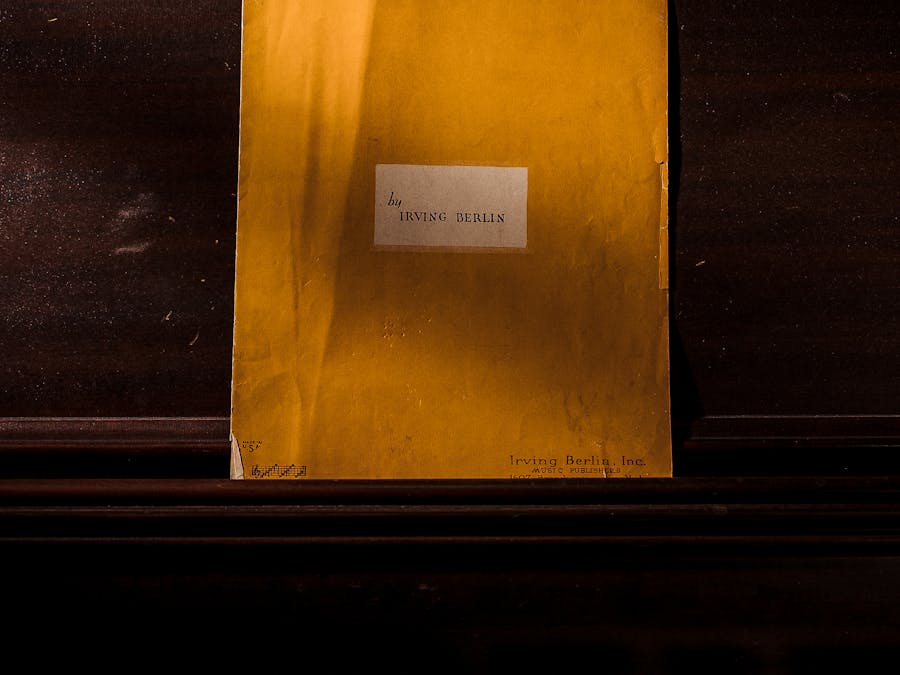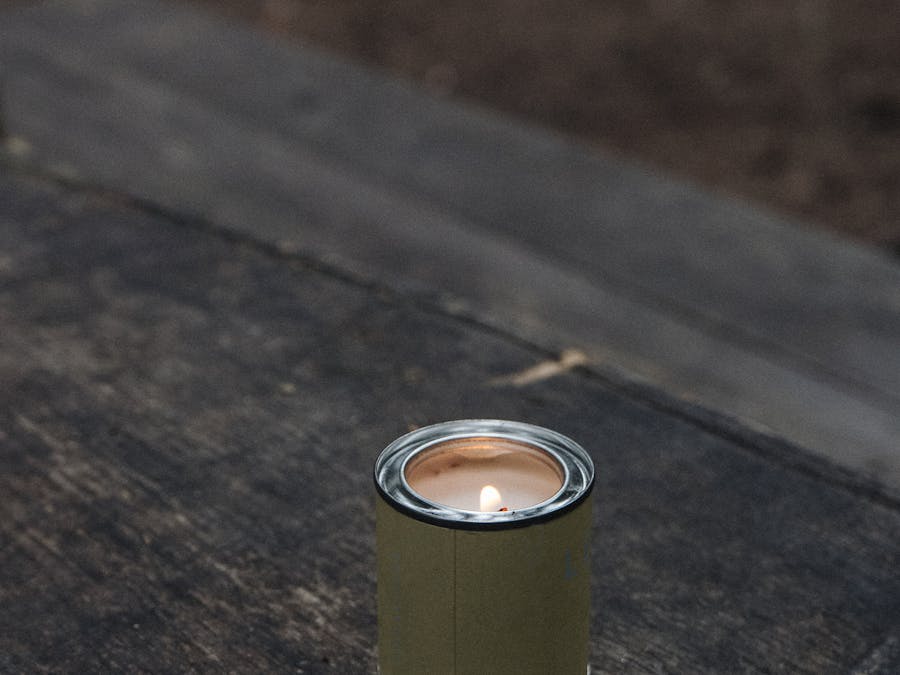 Piano Guidance
Piano Guidance
 Piano Guidance
Piano Guidance

 Photo: Tatiana Syrikova
Photo: Tatiana Syrikova
A 'small hand' is defined as one with a thumb to fifth finger span of less than 8.5 inches (21.6 cm) and/or a second to fifth finger span of less than 6 inches (16.2 cm).

D minor Historically, classical composers felt that D minor was the most melancholy of the keys, suitable for lamentations, dirges and requiems....
Read More »
Kawai acoustic grand pianos are known for their warm, rich tone and their ability to produce “pianissimo” (soft) tonal character with greater ease...
Read More »A ‘small hand’ is defined as one with a thumb to fifth finger span of less than 8.5 inches (21.6 cm) and/or a second to fifth finger span of less than 6 inches (16.2 cm). Boyle (2013) has supported a definition of a ‘small hand’ (in relation to playing the conventional keyboard) to be consistent with Farias et al. (2002) who defined a ‘small hand’ as one that could not reach a tenth. This benchmark also marks the ability to play octaves with ease, speed and comfort in all situations. It is assumed that a classical pianist may wish to be able to play across a wide range of repertoire, to the best of their musical ability. This would include works from the time of Beethoven and Schubert onward. Jazz pianists also like to be able to reach tenths. Thinking about comfortable octave playing, a span of about 8.5 inches (21.6 cm) is desirable in order to: eliminate tension in fast, extended octave passages (such as in Chopin’s Butterfly Etude or Heroic Polonaise). This assessment is based on personal experience of a number of pianists who have experienced keyboards of different sizes and the work of Yoshimura and Chesky (2009) in particular. Tension in octave playing not only results in discomfort but limits speed and tone control, but has been found to increase the risk of injury. (See: Epidemiological and clinical studies). be able to play legato octaves (using 3rd and 4th fingers) as desired. minimise inward and outward movement when moving rapidly between black and white keys (such as in polonaises with dotted rhythms). Power is also reduced when the hand needs to come forward and flatten out to play white key octaves rather than being able to arch comfortably over the black keys. easily play ‘cross-over’ octaves – where the right hand crosses over into the bass or the left hand crosses over into the treble. An inadequate span means physical awkwardness and discomfort resulting in reduced tonal and rhythmic control as well as accuracy. shape the melody line of phrases (e.g. Brahms Intermezzi, Chopin Prelude no. 17) where the thumb is holding down the lower note in octaves and ninths. The stretch between the other fingers is also very important. A span of 6.0 inches (16.2 cm) between the second and fifth fingers is a minimum requirement to play comfortable sixths. This span is probably conservative for what is needed to play double sixths with ease and sevenths of any type. Further research is needed on the second to fifth finger span, and between other fingers, in relation to piano repertoire. Evidence supporting this definition comes from studies of pain and injury, performance quality and biomechanics, plus the experiences of pianists trying keyboards of different sizes. (See Feedback from pianists and also trials by Steinbuhler on different keyboards – refer to the shaded keyboard ‘zones’ in his chart showing hand span data here: Earlier hand span studies.)

So what's easier to learn, guitar or piano? Guitar is easier for adults to learn because it is less challenging to learn songs at the beginner...
Read More »
10 shillings and 6 pence The 10/6 refers to the cost of a hat — 10 shillings and 6 pence, and later became the date and month to celebrate Mad...
Read More »
Chord Scales These 10 scales are used in nearly all the harmonies you will encounter in typical show tunes, jazz compositions, pop songs, and more....
Read More »
The GLOBAL OFFICIAL FANCLUB ARMY MEMBERSHIP is the official BTS fan club membership that is open for ARMY worldwide. In order to join, ARMY must...
Read More »
When cleaning your ivory piano keys, there is a mild solution of just warm water with a little bit of dish soap that will be sufficient and...
Read More »
Linda Ronstadt lost her ability to sing nearly a decade ago, and now her vision and hearing are going too. But the Grammy-winning singer, best...
Read More »